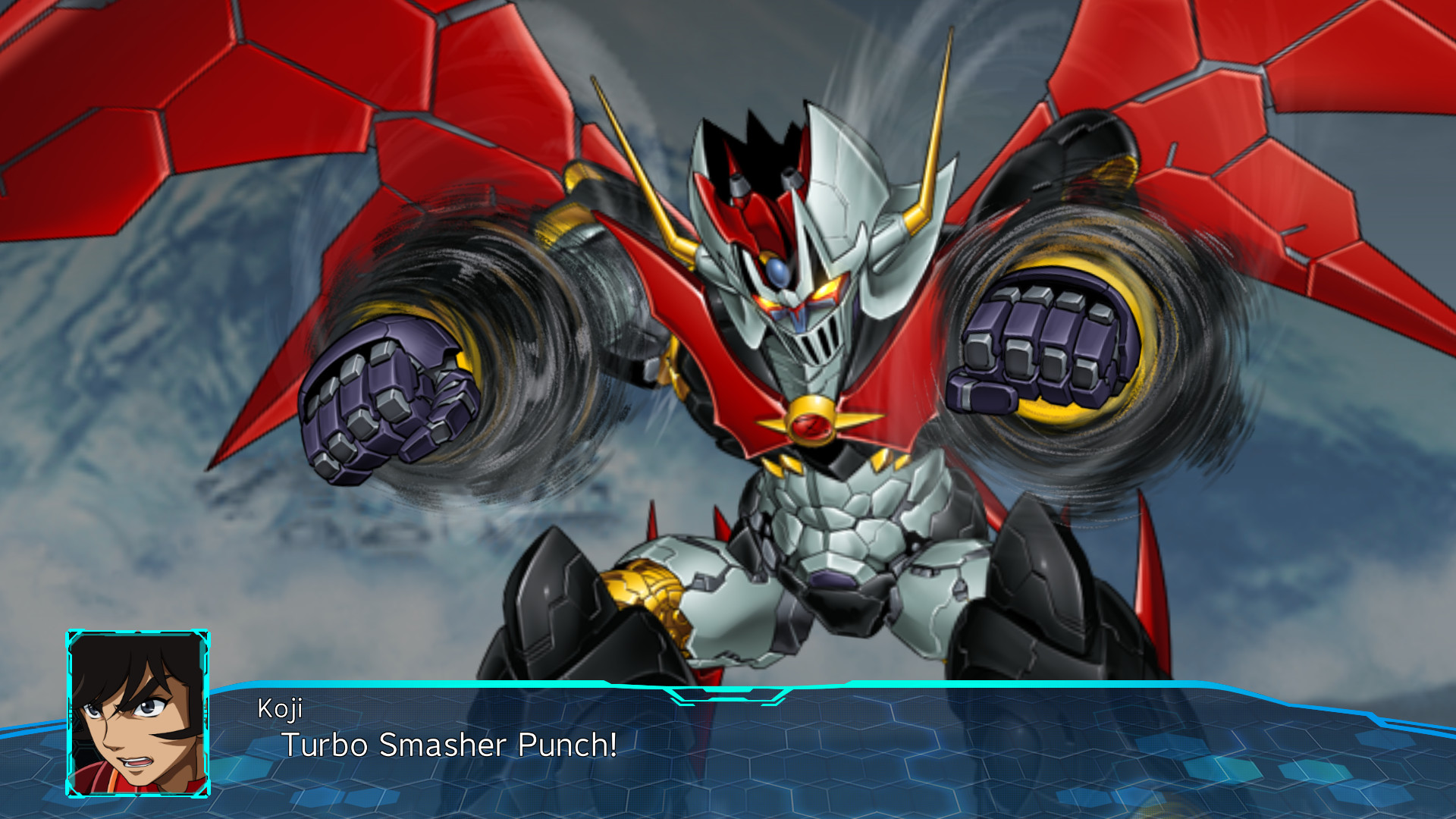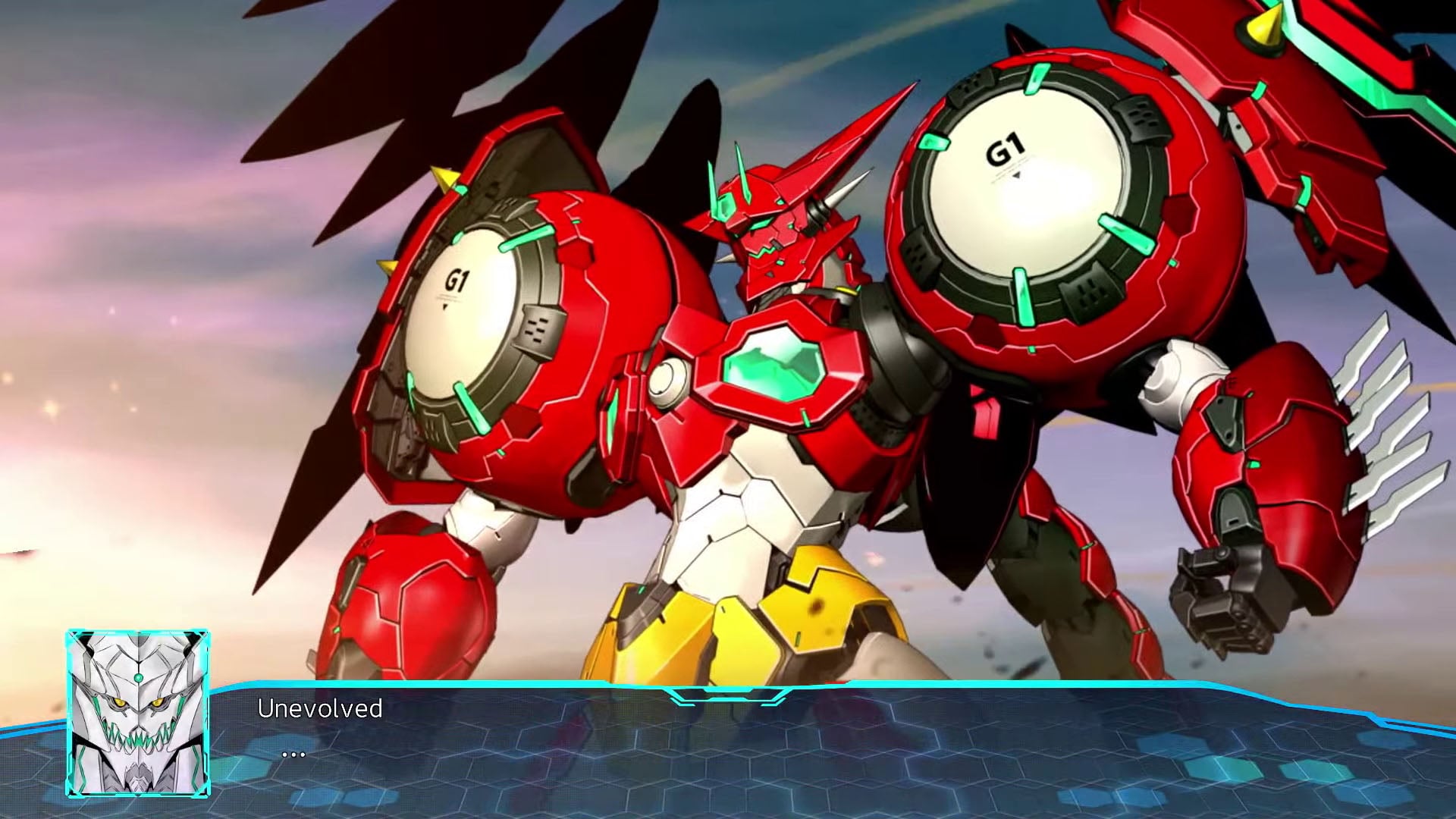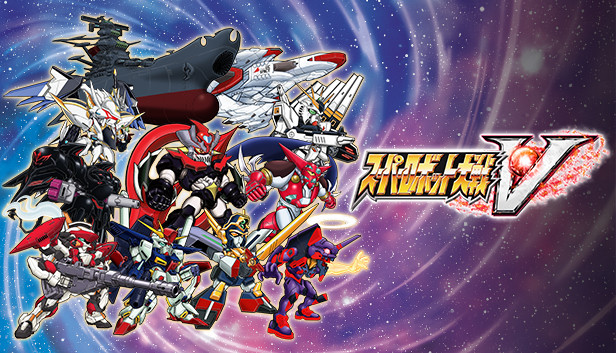This is an old draft, way before I decided to start using Concept Crafting for Mecha Gear. I think in all likelihood it's too fiddly, and I wasn't satisfied with it even at the time, but it's interesting seeing how it got me to where it is now.
This is for my Into the Odd Mecha Hack: Get Into the Machine, Shinji! The mechanics have changed to varying degrees since I've been running my MRD2 Campaign, but this post more so corresponds to the original GitMS! than to MRD2. Most notably, it is no longer the case in MRD2 that Golem (the Mecha) have their own Ability Scores anymore, instead just sharing the pilot Ability Scores, but having their own Damage dice and of course the Gear.
Here's my Weird & Wonderful Table of Super Robot Wars-inspired Mecha and a "Gacha" Mecha Dispenser generator as well, and if you want some weirder MRD2 stuff I have several posts of Weird Golem for MRD2.
I don’t want the game to be too crunchy, and I don’t want to go too wild with the core resolution mechanics because that rarely goes well for me and also doesn’t appeal to me anyway, but Mecha RPGs is maybe the one RPG genre where I still want there to be something mechanically distinct about it; can’t explain why, I just do.
While I have not playtested it yet, I am reasonably confident in and excited about the way that GItMS! distinguishes between Pilots and Mecha and how their abilities interact.
For the most part, Mecha Gear and abilities are very FKR-ish- little to no explicit mechanics, and where a roll is necessary, some kind of basic Save approach, but I’m thinking over just a few more mechanics that hopefully keep it interesting without getting in the way, but I want to hear what people think.
Idea 1: Mecha and Pilot rolls for Advantage/Disadvantage
Normally if a Mecha would need to make a Save, they use their own Ability Scores or relevant rolls; Pilots can spend their Ability Points to use their Pilot Abilities but otherwise don’t directly affect Mecha rolls. However, I’m thinking that where Advantage/Disadvantage would come into play, instead of rolling the Mecha Save twice, instead they roll one for the Mecha’s Ability Score and one for the Pilot’s.
I’m hesitant to put too much weight on Ability Scores, but I actually think this works in the favor of that goal; a Pilot with a similar Ability Score distribution as their Mecha will be more likely to succeed on Advantage/Disadvantage for their good Abilities and less likely for their bad Abilities, whereas a Pilot with a different Ability Score distribution is still affected by Advantage/Disadvantage but in less Ability-preferential ways. Neither is better or worse than the other, just different.
Idea 2: Gear
I like how ItO and EB are very items-heavy, and I’ve similarly enjoyed Cyphers from Cypher System. I want a Gear mechanic that allows for Mecha customization and churn of various unique special items, but not to the extent that the Mecha loses its identity.
Idea 2a: Gear Level
Gear has levels, tentatively 1-4. They affect the various 2abc’s following. The idea is not to be too mechanical with it though, it’s mostly just an indicator of relative power. I don’t necessarily want to have Mecha Levels, but there would still be regular Pilot Levels, and possibly Pilot Level might determine the highest level of Gear they can use, or use reliably (using higher-level Gear might force a Save for Gear Damage, as explained below).
Idea 2b: Gear Damage
Rather than rolling a Damage die to deal direct Damage, Mecha can target exposed Gear, where Players roll Saves either to dodge/defend or to attack depending on which side of the equation they’re on, and they go from `Damaged -> Disabled -> Destroyed`. Gear Level may affect how many times a Gear would need to be successfully hit to move from one stage to another, where from Disabled onward it can no longer be used until repaired and Destroyed means it normally cannot be repaired at all. On the flip side, Gear Level also would determine the cost to repair.
I worry somewhat about coupling Level, Damage, and Cost too tightly; probably there would be many exceptions but this would just be the default case.
I also like the idea of having to expose Gear, because then you can create interesting encounters that force Players to come up with clever ways to expose protected critical Gear, so it makes Conflicts potentially less about just slinging dice and more about clever problem-solving.
Idea 2c: Iconic / Permanent Gear
I want to come up with a better name for this, but tentatively we’ll say Iconic or Permanent. This could include the starting Gear for a Mecha, the stuff that makes it unique, and maybe Pilot Level number of additional pieces of Gear can also be marked Permanent. These Gear can be repaired even from a Destroyed State. They can also be stored for free. Their Level might scale with Pilot Level or something like that.
Idea 2d: Gear Storage
Pilots may want to build a small arsenal for themselves, more than they can carry at any given time, in which case they can be stored wherever their Mecha is stored or at some other facility, at some cost relative to Gear Level. There could maybe be a maximum storage number by Pilot Level as well, but that seems extraneous. Iconic / Permanent Gear can be stored for free (assumes Pilot always saves a little extra cash for their important Gear).
Idea 2e: Gear Points
I keep referring to cost. Gear have a value, generally relative to their Level. So if you destroy an enemy Mecha, you get 1 point for the scrap (or maybe more in special cases), but if you Damage or Disable enemy Mecha Gear or the Mecha themselves without destroying them, you can potentially recover their Gear to keep and/or sell. These Gear Points are used to repair, store, or less frequently, purchase or upgrade Gear.
My hope is that this whole Gear system allows for a nice balance between having an Iconic Mecha but also the fun of load-outs and loot, and it can allow the setting to explore some capitalist themes, without over-relying on a complex economy or being too crunchy. And additionally, it creates a unique and fun, but still rules-light play experience, and differentiates Mecha from regular play in an interesting way.
REMINDER: This is no longer the Gear System in MRD2, but it's still interesting in its own right imo and maybe with some playtesting could work for regular GitMS!





